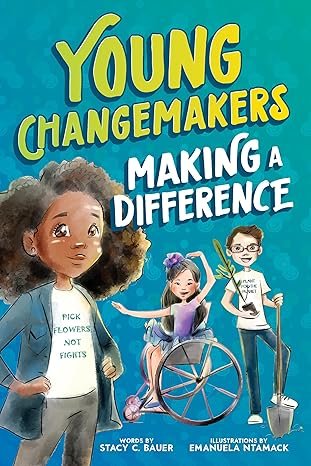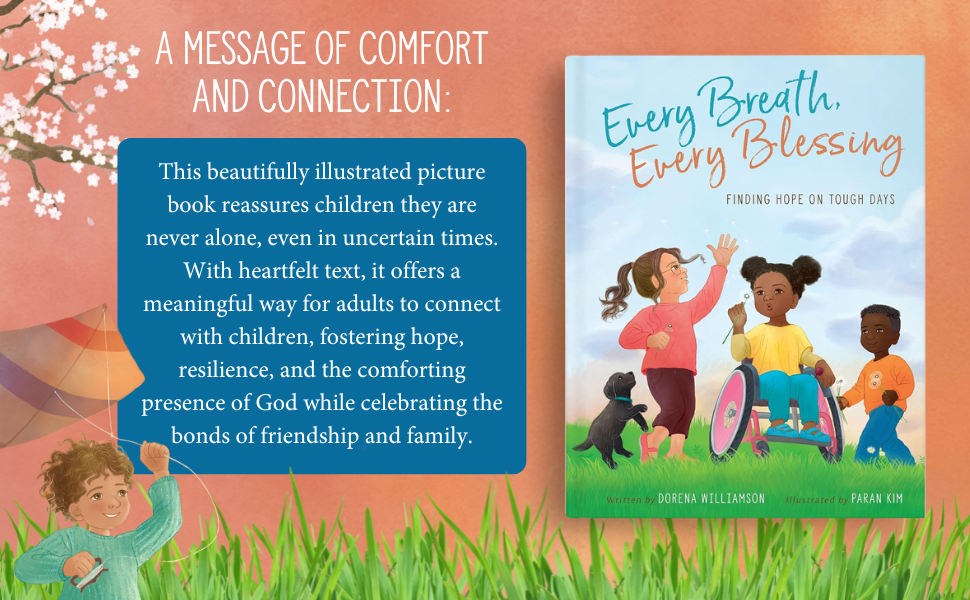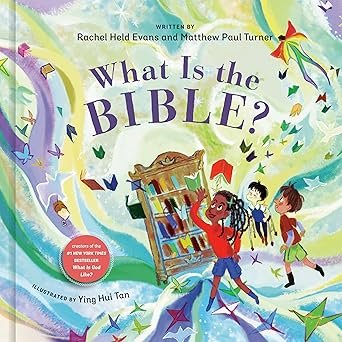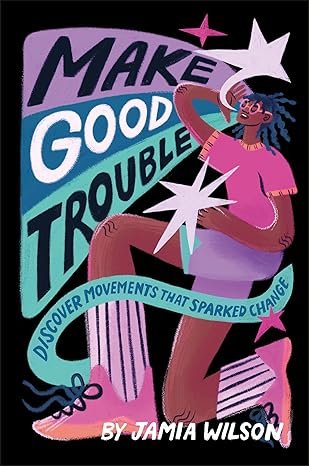 Image 1 of
Image 1 of

HOW TO TALK SO KIDS CAN LEARN ABOUT ANTI-RACISM AND SOCIAL JUSTICE
Have you come across the saying “Racism is something you learn, not something you were born with”?
This saying is very true and it is also extremely easy to verify. In multi-ethnic communities, when observing children playing, you will notice that they will play with anyone. Until an adult tells them not to do so.
Do you know that with the right knowledge you can detect the sources of prejudiced ideas around your children, actively intervene on your child’s thought formation regarding others, drive meanings and values concerning social justice and anti-racism and raise humans that will stand up for themselves and others?
By reading this book you will learn:
Erikson’s Perspectives on Identity and Ethnicity, so that you can learn about when the process of identity formation starts taking place in your child’s brain and where the most common biased sources of information come from
The Development of Prejudice, to have a clear idea what prejudice is and its drivers and triggers so that you can act sensibly on it, helping children with their curiosity and questions
What is Racism and mostly what is Anti-Racism, to redirect your understanding and actions, to shepherd your child’s reactions to diversity and raise conscious anti-racist toddlers, infants, tweens and teens
What is Social Justice, so that you can explain it to you child and inspire important values concerning equality, fairness and justice
Anti-Racism tools, thanks to a full chapter of examples on how to behave and what to say when confronted or when witnessing racist incidents particularly in front your children
And much more!
In the light of recent and more frequent events, many parents or adults may find themselves struggling to talk about the concepts of race, ethnicity, racism and social justice with kids. What is discussed depends on a family’s makeup and the community in which they live, but it is important for everyone, independently of ethnicity and belonging, to start having ‘the conversation’ and start learning some tricks and ideas on how to behave when confronted with racist situation and/or people.
“All parents need to help their children think and talk about our country’s racial inequality as a step toward creating a more equal society”.
You can start to educate yourself about the root of prejudice, identity formation, race and racism with this book. This will allow you not to feel uncomfortable or feel you lack knowledge and understanding about the topic when your child shares their concerns and questions about diversity.
Have you come across the saying “Racism is something you learn, not something you were born with”?
This saying is very true and it is also extremely easy to verify. In multi-ethnic communities, when observing children playing, you will notice that they will play with anyone. Until an adult tells them not to do so.
Do you know that with the right knowledge you can detect the sources of prejudiced ideas around your children, actively intervene on your child’s thought formation regarding others, drive meanings and values concerning social justice and anti-racism and raise humans that will stand up for themselves and others?
By reading this book you will learn:
Erikson’s Perspectives on Identity and Ethnicity, so that you can learn about when the process of identity formation starts taking place in your child’s brain and where the most common biased sources of information come from
The Development of Prejudice, to have a clear idea what prejudice is and its drivers and triggers so that you can act sensibly on it, helping children with their curiosity and questions
What is Racism and mostly what is Anti-Racism, to redirect your understanding and actions, to shepherd your child’s reactions to diversity and raise conscious anti-racist toddlers, infants, tweens and teens
What is Social Justice, so that you can explain it to you child and inspire important values concerning equality, fairness and justice
Anti-Racism tools, thanks to a full chapter of examples on how to behave and what to say when confronted or when witnessing racist incidents particularly in front your children
And much more!
In the light of recent and more frequent events, many parents or adults may find themselves struggling to talk about the concepts of race, ethnicity, racism and social justice with kids. What is discussed depends on a family’s makeup and the community in which they live, but it is important for everyone, independently of ethnicity and belonging, to start having ‘the conversation’ and start learning some tricks and ideas on how to behave when confronted with racist situation and/or people.
“All parents need to help their children think and talk about our country’s racial inequality as a step toward creating a more equal society”.
You can start to educate yourself about the root of prejudice, identity formation, race and racism with this book. This will allow you not to feel uncomfortable or feel you lack knowledge and understanding about the topic when your child shares their concerns and questions about diversity.
Have you come across the saying “Racism is something you learn, not something you were born with”?
This saying is very true and it is also extremely easy to verify. In multi-ethnic communities, when observing children playing, you will notice that they will play with anyone. Until an adult tells them not to do so.
Do you know that with the right knowledge you can detect the sources of prejudiced ideas around your children, actively intervene on your child’s thought formation regarding others, drive meanings and values concerning social justice and anti-racism and raise humans that will stand up for themselves and others?
By reading this book you will learn:
Erikson’s Perspectives on Identity and Ethnicity, so that you can learn about when the process of identity formation starts taking place in your child’s brain and where the most common biased sources of information come from
The Development of Prejudice, to have a clear idea what prejudice is and its drivers and triggers so that you can act sensibly on it, helping children with their curiosity and questions
What is Racism and mostly what is Anti-Racism, to redirect your understanding and actions, to shepherd your child’s reactions to diversity and raise conscious anti-racist toddlers, infants, tweens and teens
What is Social Justice, so that you can explain it to you child and inspire important values concerning equality, fairness and justice
Anti-Racism tools, thanks to a full chapter of examples on how to behave and what to say when confronted or when witnessing racist incidents particularly in front your children
And much more!
In the light of recent and more frequent events, many parents or adults may find themselves struggling to talk about the concepts of race, ethnicity, racism and social justice with kids. What is discussed depends on a family’s makeup and the community in which they live, but it is important for everyone, independently of ethnicity and belonging, to start having ‘the conversation’ and start learning some tricks and ideas on how to behave when confronted with racist situation and/or people.
“All parents need to help their children think and talk about our country’s racial inequality as a step toward creating a more equal society”.
You can start to educate yourself about the root of prejudice, identity formation, race and racism with this book. This will allow you not to feel uncomfortable or feel you lack knowledge and understanding about the topic when your child shares their concerns and questions about diversity.
Publication Date: October 9, 2020
ISBN-10 : 1801112150
ISBN-13 : 978-1801112154
Author: Nicola Davies
Publisher: Disco Maestro
Pages: 142







